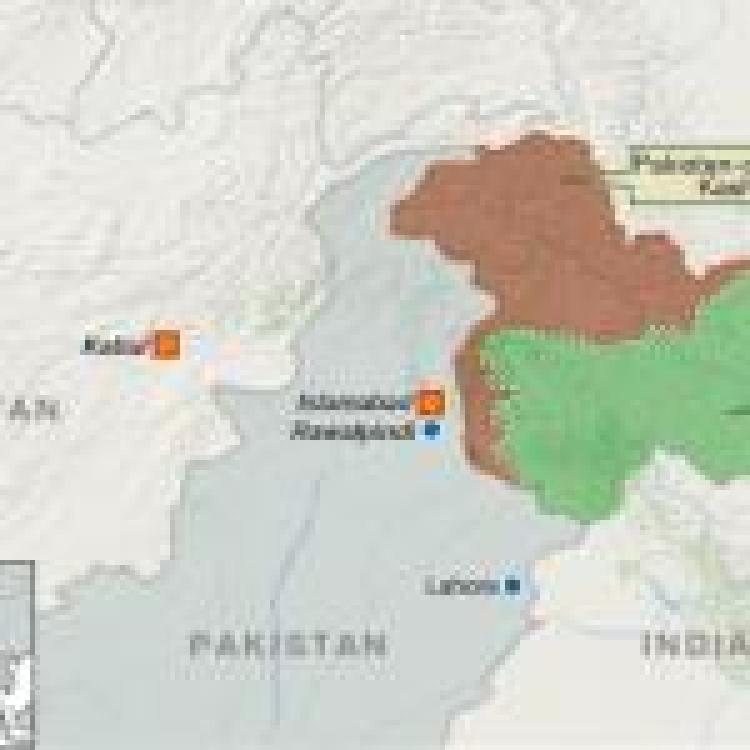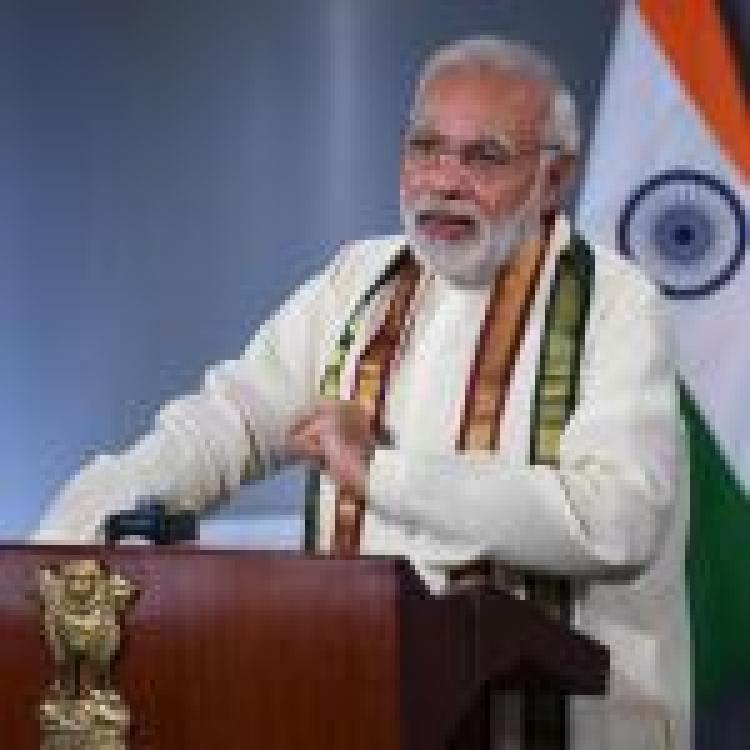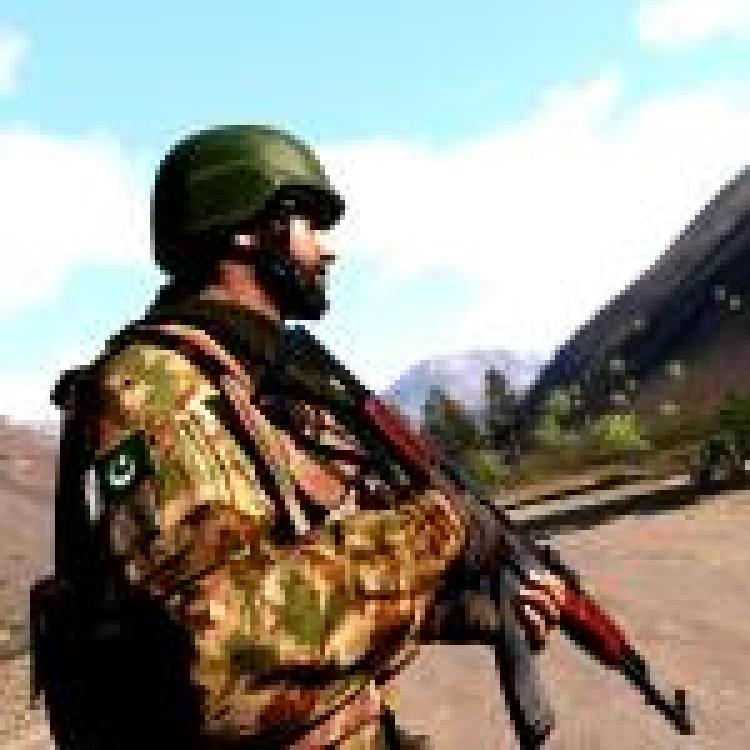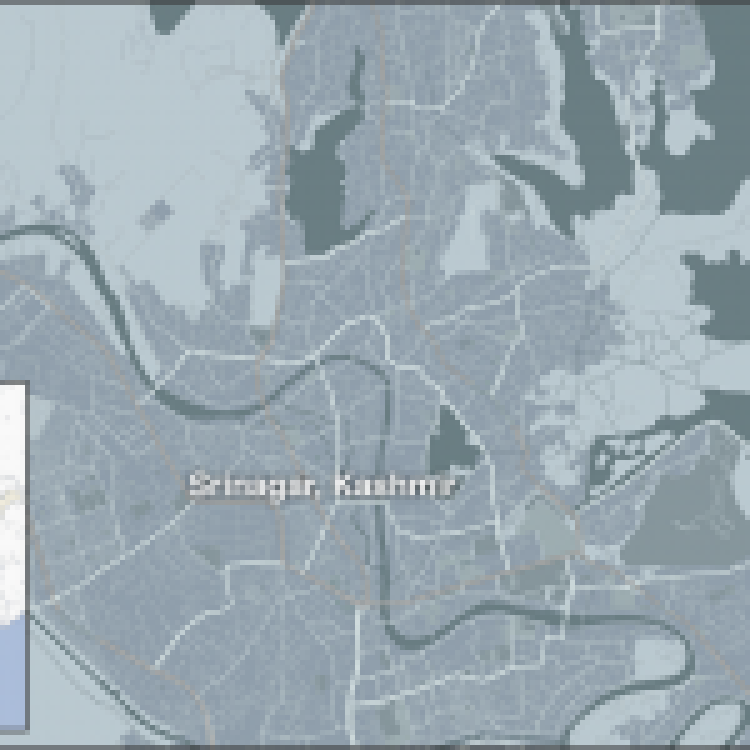.png)
File photograph: Kashmir
After days of mounting tensions and heightened Indian security presence in Kashmir, the Indian government announced that it would be revoking the region’s special status and splitting the territory in two - a major move that has sparked fears of unrest.
India enforced a media blackout in the region from Sunday onwards, with political leaders reportedly kept under house arrest and schools and colleges closed. An extra 25,000 Indian troops were deployed to the region over the weekend before New Delhi announced the move on Monday.
Jammu and Kashmir’s former chief minister Mehbooba Mufti tweeted that it would “make India an occupational force in Jammu and Kashmir”. “Today marks the darkest day in Indian democracy,” she added.
The revoking of Article 370, the provision in the Indian constitution that grants Kashmir special status, was accompanied by a bill to change Jammu and Kashmir's administrative status from a state to a union territory. The move will grant New Delhi greater power of the affairs of the region.
Whilst BJP politicians praised the move, Pakistan issued a statement saying that it would “exercise all possible options to counter the illegal steps”.
Meanwhile, in Tamil Nadu, there was widespread opposition the Delhi’s actions, with security ramped up in the south.
DMK president M.K. Stalin called it a “murder of democracy” and slammed the AIADMK for supporting the move. “It’s better the party renames itself as All India Bharatiya Janata Party,” he told reporters.
Lok Sabha MP D Ravikumar of the VCK tweeted, "Bifurcation of Kashmir is a warning to all states. Now they can do it with any state."
Speaking in the Upper House, MDMK chief and Rajya Sabha MP Vaiko said “Fire is burning in the hearts and minds of the Kashmiri people”."This is a day of shame. Democracy has been murdered, murdered, murdered. You are killing democracy. This is nothing but murder of democracy. My heart is burning.”
Kamal Hassan, the actor turned politician who launched his Makkal Needhi Maiam party last year, said it was “extremely regressive and autocratic” and "a clear assault on democracy”.




